MTG Board Wipes or: How I Learned to Stop Worrying and Love the Wrath
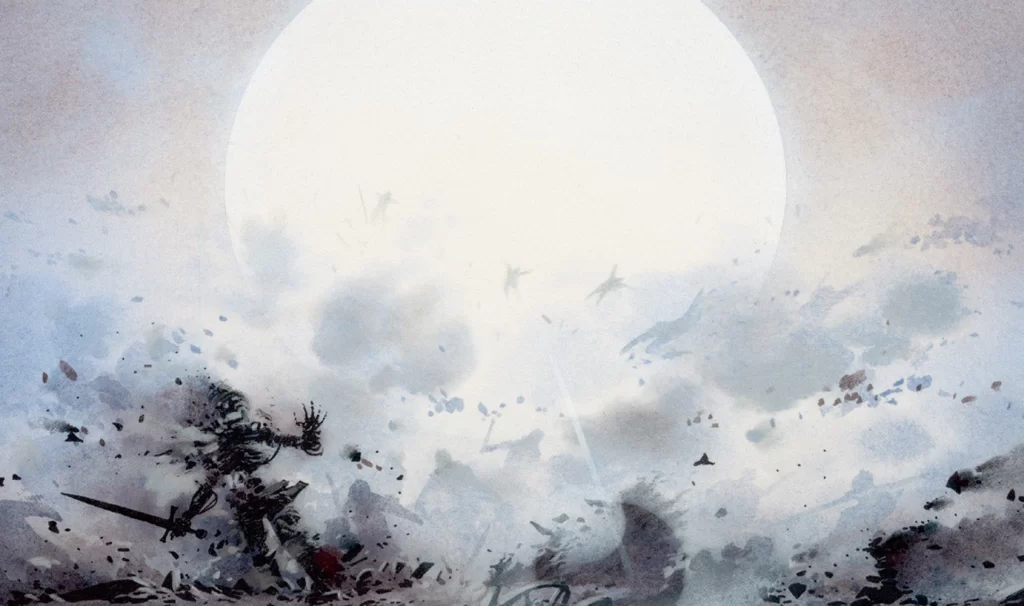
Board wipes are an essential part of Magic: the Gathering. They can be used to clear the board of pesky creatures, reset a stalled game, or just plain ol’ screw your opponent over. Today we’re going to take a look at some of the best board wipes in the game, as well as some tips on how to play around them effectively.
Iconic board wipes
Before we discuss playing with them and around them, let’s have a look at Magic’s most infamous nukes.
Wrath of God / Damnation
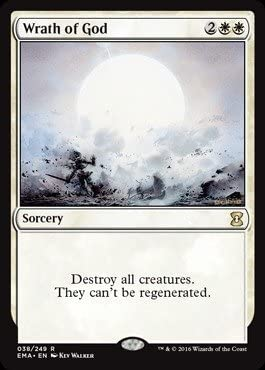
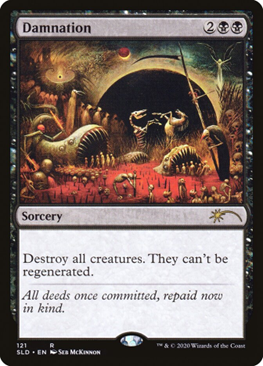
The most iconic board wipes in Magic, Wrath of God and Damnation are staples in nearly every white or black-based control deck, and for good reason. They are simple, efficient, and effective, and don’t mess around with creature types or colors; they just destroy everything.
The fact they prevent regeneration is a nice bonus but most of the time is irrelevant. Regenerate is an old ability and you don’t see it much on new cards, so it’s mostly relevant for Modern and the eternal formats.
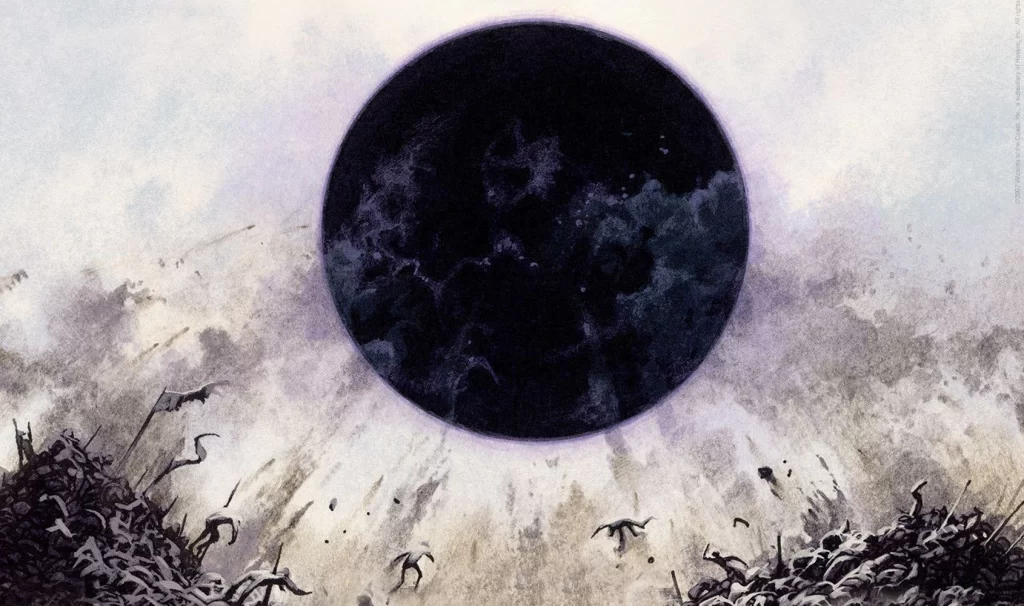
You’ll most commonly see these cards in Commander, but you might see Damnation in a Modern cabal coffers deck.
These cards set the benchmark for what a board wipe should cost, which is four mana. There’s nothing flashy about them but sometimes all you need is a simple four mana board wipe.
Cyclonic Rift
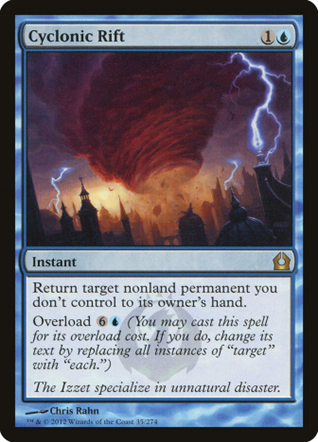
Do you like making your Commander pod groan in unison? Then Cyclonic Rift is the card for you, and boy, it gets old and annoying fast. Ignore the mana cost and look at the overload instead; when it’s overloaded for seven mana it practically resets the game for your opponents, bar their lands.
The fact that it’s a mass bounce, and targets all enemy nonland permanents instead of just creatures, makes Cyclonic Rift a silver bullet for dealing with certain troublesome abilities like indestructible, hexproof, and shroud. Because it doesn’t target anything, it’s able to bounce everything regardless of what immunities those permanents have.
Cyclonic Rift is just one of the many reasons why blue is the strongest color in Commander.
Blasphemous Act
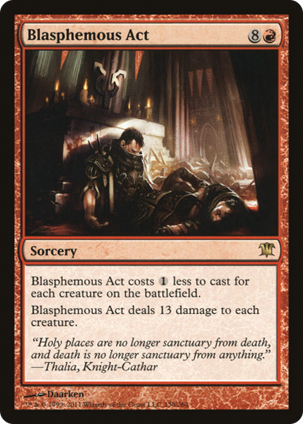
A potentially one mana board wipe, Blasphemous Act is red’s go-to nuke in Commander. If your opponents love filling the board with tokens with cards like Avenger of Zendikar or Doubling Season, Blasphemous act is one card they will fear.
If there’s a Stuffy Doll or Brash Taunter in play, Blasphemous Act gets even nastier.
Toxic Deluge
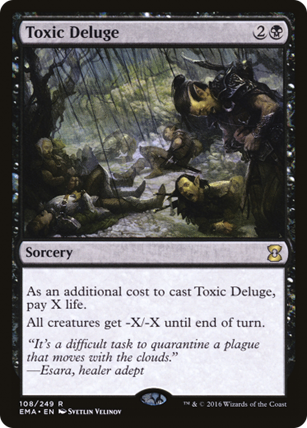
It costs life but sometimes Toxic Deluge is your only way out of a sticky situation. The fact that it only costs three mana and kills creatures by giving them zero or negative toughness allows it to kill indestructible creatures.
The life cost is a downside but you start with 40 life in Commander, and if you’re playing against infinite combos, then life is less relevant anyway.
Bane of Progress
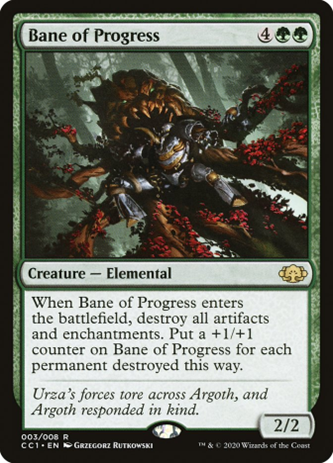
Green’s weakness may be its lack of board wipes, but it does have one or two mass removal cards up its sleeve. Being a creature and hitting only artifacts and enchantments makes Bane of Progress the odd one out of this list but it’s still a force to be reckoned with now that Commander has so many treasure tokens.
It’s especially good with Cavern of Souls in play, naming ‘elemental’, making it uncounterable. In this case, your opponents will have to Stifle the trigger, end your turn, or bounce it with Aether Gust to stop it from ruining their day.
Playing around board wipes
Playing with board wipes is a game of chicken. If a smart opponent is expecting a wipe, they will play more cautiously, dropping only enough of their creatures of permanents to encourage the wipe. The player holding the wipe wants to cast it at the most opportune time when the opponent has overextended themselves or they are about to die.
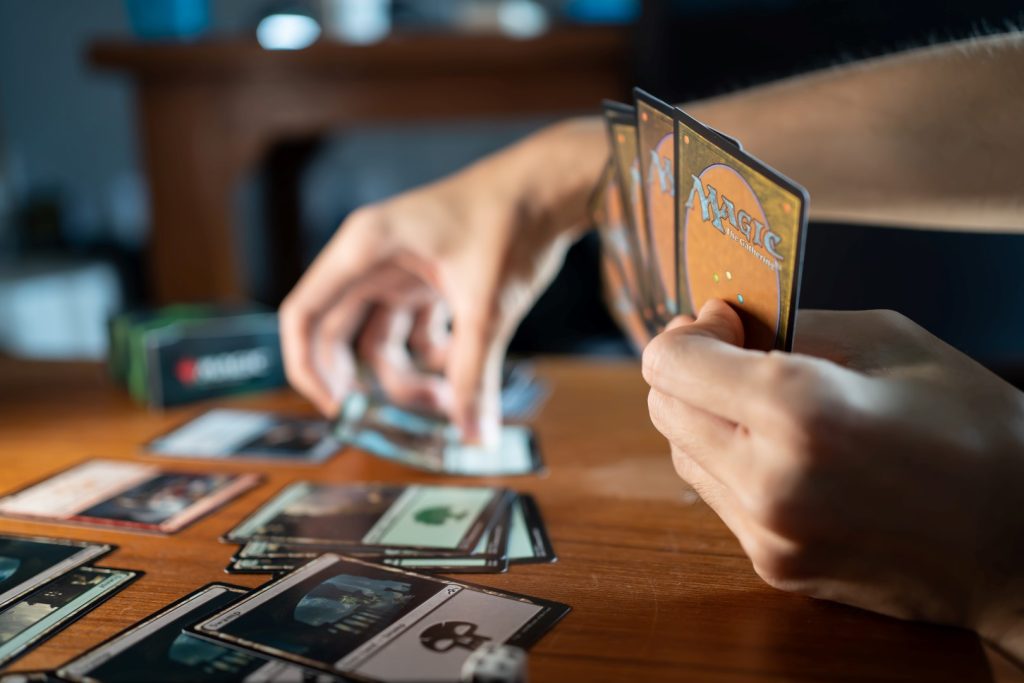
Two-player formats
In two-player formats, only one player can pressure out the wipe. I’m usually an aggro player so when I see my opponent playing control colors (blue and white), I’ll play my creatures more cautiously, and never give my opponent the chance to more than two-for-one me. A one drop and a two drop on the curve will eventually force my opponent to tap out and wipe, meaning I can follow up with a bigger threat without worrying about it getting countered.
Game two, you should sideboard in some wipe-resistant threats that will pressure your opponent into tapping out. Planeswalkers like Gideon Blackblade are excellent at this, as they can solo the game if unanswered. Unfortunately, cards like Fateful Absence will kill him but at least they have to cast it on their own turn because he’s indestructible during yours.
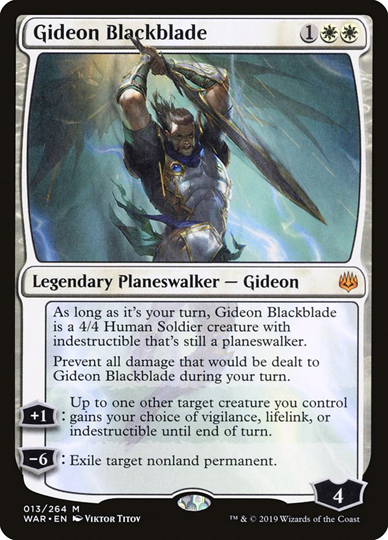
Another workaround for board wipes is manlands like Faceless Haven. They stop being creatures at the end of your turn, allowing them to dodge sorcery speed removal. The only downside to them is they’re often expensive to activate and die to Fatal Push or get locked out by Pithing Needle. They are often used as a last resort when you have nothing better to do with your mana.
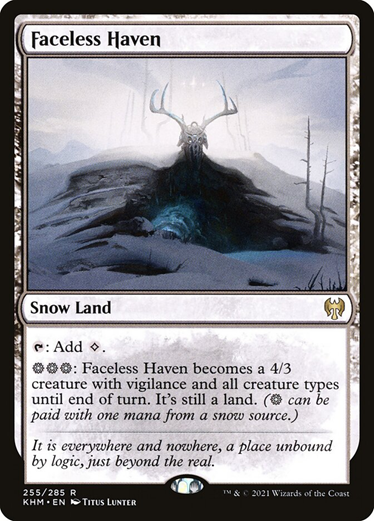
The final point to make about board wipes in two-player formats is learning how to read your opponent’s hand. Control players keep opponents guessing whether they have board wipes or not, but if you drop a couple of creatures and they destroy one of them then you can guess that they don’t have a wipe, indicating that you should follow up with another creature.
But then why even bother with guessing games if you can just Thoughtseize them and make them discard the wipe in the first place?
Commander
Board wipes are more common in Commander, as they can go in any deck regardless of that deck’s strategy. Even go-wide token decks can run selective board wipes like Hour of Reckoning.
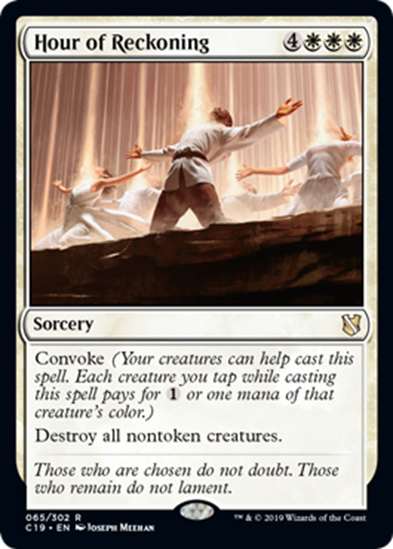
It’s challenging to gauge whether your three opponents have a wipe or not but you should always assume that they do and refrain from emptying your hand too quickly unless you have a Teferi’s Protection, Heroic Intervention, or similar cards or counterspells. Even then those cards may get countered.
This is part of the reason why higher-powered and cEDH decks are light on permanents and heavy on instants; it’s just a bad idea to go too wide in Commander when you can fight the battle on the stack instead.
Conclusion
In recent years, players have focused on the overall gameplay experience rather than building highly optimized and competitive decks. Board wipes can drag a game out, which can bring down the overall enjoyment of the game.
But, with the right approach, board wipes give you an opportunity to play aggressively. If you make some mistakes, and your opponents get the upper hand, a well-timed board wipe can turn the tide. It’s a reset. And with asymmetrical wipes like Cyclonic Rift, it can be a game closer.
More people should learn to stop worrying and love the Wrath.
Ron
Share this Post
Recent Posts
- MTG’s Olivia, Opulent Outlaw Sees Massive Price Spike Amid Assassin’s Creed Release
- Wizards Has Announced a New Charity Secret Lair for the Late Sheldon Menery
- What size are Magic: the Gathering Cards?
- Does Snoop Dogg Play Magic: the Gathering?
- Wizards of the Coast Offers Up to $145k for Creative Text Designer for MTG Cards
Product Categories
ProxyMtG@protonmail.com
